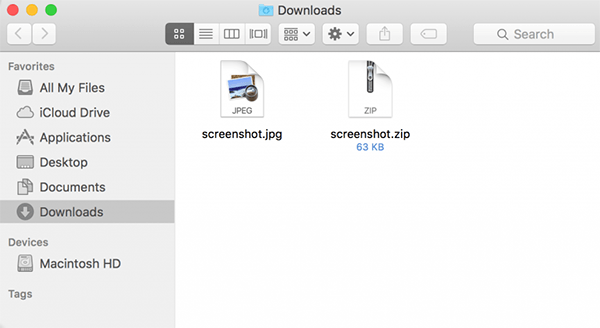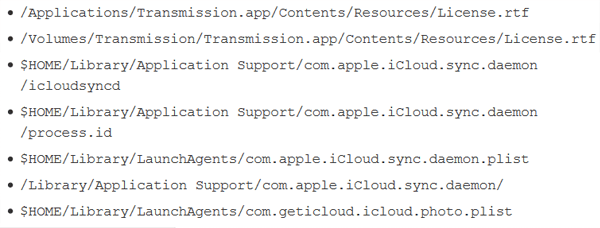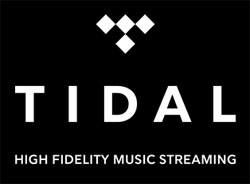 In 2011, Dutch blog GeenStijl.nl published an article linking to leaked Playboy photos which were stored on file-hosting site FileFactory.
In 2011, Dutch blog GeenStijl.nl published an article linking to leaked Playboy photos which were stored on file-hosting site FileFactory.
After filing a request with Filefactory, Playboy publisher Sanoma managed to have the photos removed from the platform. However, GeenStijl continued to find other sources for the photographs and linked to them instead. Sanoma said that this was an infringing act.
The case went to trial and was later referred to the European Court of Justice. The ECJ was asked to rule on whether the links posted by GeenStijl amounted to a ‘communication to the public’ under Article 3(1) of the EU Copyright Directive and therefore infringement.
After deliberating for months, the ECJ has just handed down its decision and it’s bad news for GeenStijl operator GS Media and others operating in a commercial environment. On the other hand, it may give a little more flexibility to the general public.
“In accordance with the directive concerned, Member States are to provide authors with the exclusive right to authorize or prohibit any communication to the public of their works,” a statement from the Court reads.
“At the same time, that directive seeks to maintain a fair balance between, on the one hand, the interests of copyright holders and related rights and, on the other, the protection of the interests and fundamental rights of users of protected objects, in particular their freedom of expression and of information, as well as the general interest.”
The Court says that when determining a ‘communication to the public’ several criteria need to be addressed, including any deliberate posting of links to protected works and whether the communication had any profit-making component.
In its ruling, the Court recognizes the importance of freedom of expression and notes the importance of hyperlinks when exchanging both opinions and information. It also accepts that determining whether a linked work is infringing could be a troublesome task.
Given the above, the Court found that knowledge of the potentially infringing status of a work plus commercial motivation play a pivotal role in determining whether a ‘communication to the public’ has taken place.
“For the purposes of the individualised assessment of the existence of a ‘communication to the public’, it is necessary, when the posting of a hyperlink to a work freely available on another website is carried out by a person who, in so doing, does not pursue a profit, to take account of the fact that that person does not know and cannot reasonably know that that work had been published on the internet without the consent of the copyright holder,” the Court’s statement reads.
“Indeed, such a person, does not, as a general rule, intervene in full knowledge of the consequences of his conduct in order to give customers access to a work illegally posted on the internet.”
The situation changes entirely when a person already has knowledge of potential infringement and is motivated by profit.
“In contrast, where it is established that such a person knew or ought to have known that the hyperlink he posted provides access to a work illegally published, for example owing to the fact that he was notified thereof by the copyright holders, the provision of that link constitutes a ‘communication to the public’,” the Court said.
When posting links for profit, the ECJ said that it expects people to carry out the “checks necessary” to ensure that work concerned has not been illegally published.
“When hyperlinks are posted for profit, it may be expected that the person who posted such a link should carry out the checks necessary to ensure that the work concerned is not illegally published. Therefore, it must be presumed that that posting has been done with the full knowledge of the protected nature of the work and of the possible lack of the copyright holder’s consent to publication on the internet.
“In such circumstances, and in so far as that presumption is not rebutted, the act of posting a clickable link to a work illegally published on the internet constitutes a ‘communication to the public’.”
The ruling is bad news for GS Media, who posted the links in the course of business even after being informed by Playboy that the content in question was infringing. The company says the decision is bad for the freedom of the press.
“The struggle for the survival of the free Internet including hyperlinks has today received a hefty blow,” a statement on Geenstijl reads.
“When commercial media companies – like GeenStijl – are no longer free and fearless to hyperlink, it becomes difficult to report on newsworthy new questions about leaking information, internal struggles, and unsecured networks within large companies.
“But we will not give up: for that press freedom we will fight on, in this case and beyond. Until then: careful when hyperlinking people, as today a minefield has been laid on the free internet.”
A landmark piracy trial in Sweden against the operators of streaming portal Swefilmer was suspended in June pending the ECJ’s decision. It appears that much will now hinge on whether the operators knew the content they linked was illegal and if a profit motive was involved.
Source: TF, for the latest info on copyright, file-sharing, torrent sites and ANONYMOUS VPN services.




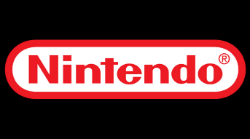

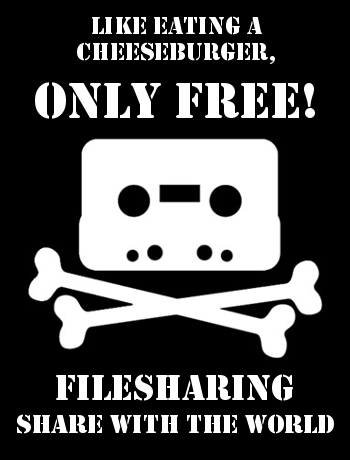


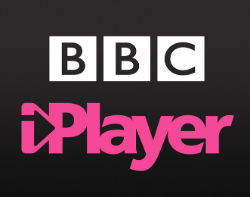
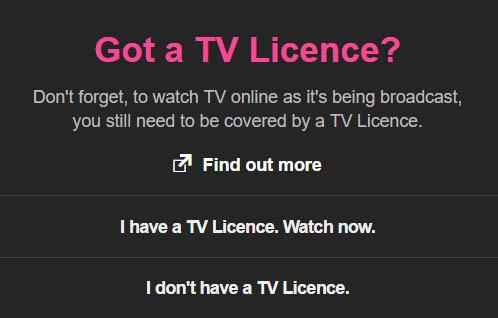
 Last month, researchers at IT security company
Last month, researchers at IT security company 